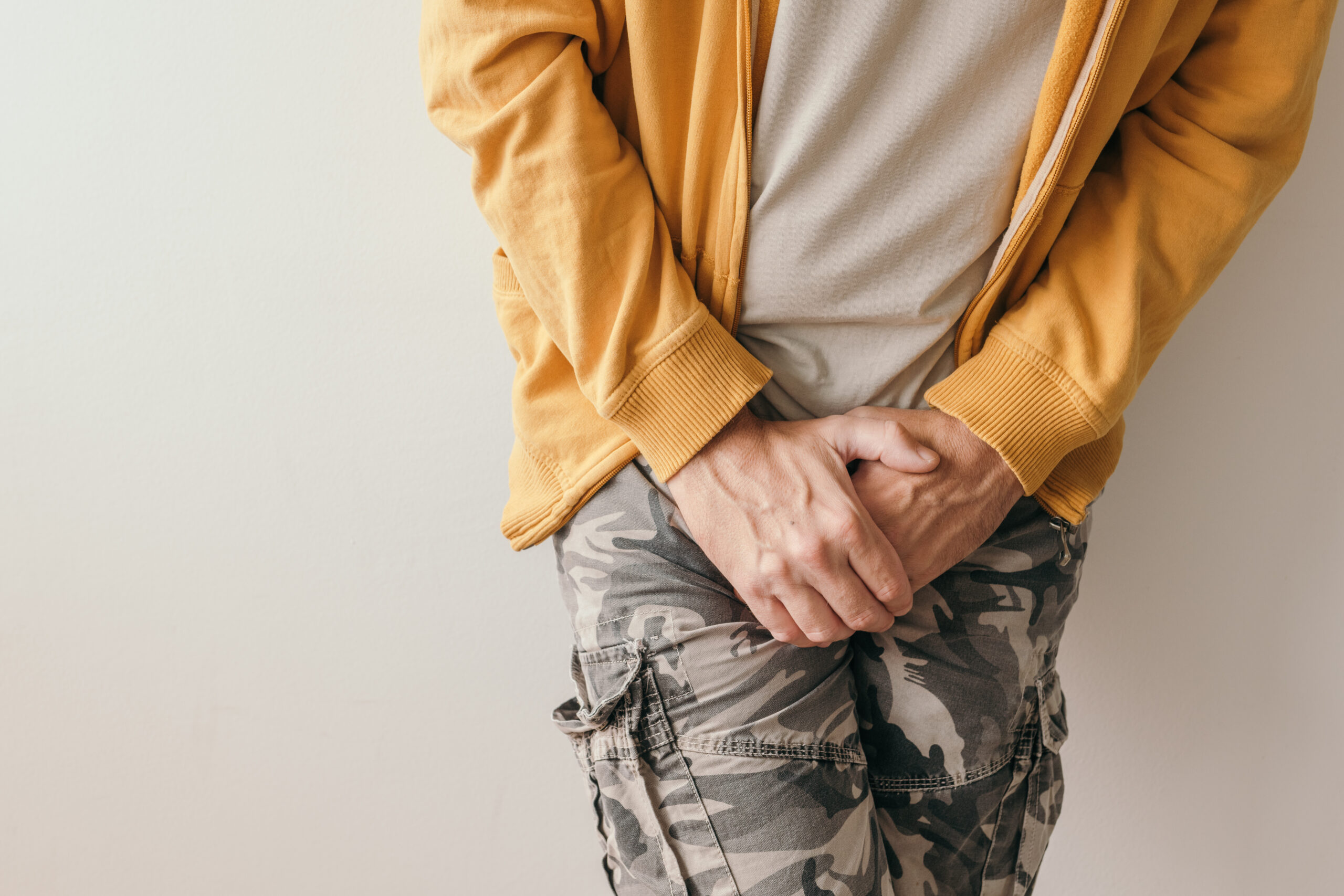Incontinence Treatment in Miami, FL
What is Incontinence?
Incontinence is the involuntary leakage of urine or feces. This condition can range from occasional minor leaks when you cough or sneeze to a sudden and strong urge to urinate that you can’t control. It can affect anyone, but it is more common in older adults and women.
There are different types of incontinence, including:
Stress Incontinence:
Leakage occurs when pressure is exerted on the bladder by coughing, sneezing, laughing, exercising, or lifting heavy objects.
Urge Incontinence:
Also known as overactive bladder, it is characterized by a sudden, intense urge to urinate followed by involuntary leakage.
Mixed Incontinence:
A combination of stress and urge incontinence.
Overflow Incontinence:
This occurs when the bladder doesn’t empty completely, leading to frequent or constant dribbling of urine.
Functional Incontinence:
Due to physical or mental impairments that prevent making it to the bathroom in time.
As an experienced pelvic physical therapist, I am dedicated to helping individuals understand and manage incontinence. Schedule a consultation today for an effective incontinence treatment in Miami, FL.

What are the Symptoms of Incontinence?
Common symptoms of incontinence include:
Frequent urination:
Needing to urinate more than eight times a day.
Urgent need to urinate:
A sudden, strong urge to urinate.
Involuntary leakage:
Unintended urine leakage when engaging in activities such as coughing, sneezing, or exercising.
Bedwetting:
Urine leakage during sleep.
Incomplete emptying:
Feeling that the bladder is not completely empty after urination.
If you are experiencing any of these symptoms, I am here to help. Incontinence is a manageable condition. Regain control and improve your quality of life with my pelvic physical therapy sessions.
What are the Causes of Incontinence?
Incontinence can be caused by a variety of factors, and understanding these can help in creating an effective treatment plan. Some common causes include:
Weak pelvic floor muscles:
These muscles support the bladder and control the release of urine. When they are weak or damaged, incontinence can occur.
Pregnancy and childbirth:
The physical changes and stresses of pregnancy, labor, and delivery can weaken the pelvic floor muscles and lead to incontinence.
Aging:
As we age, the muscles in the bladder and urethra can lose some of their strength.
Menopause:
Decreased estrogen levels can lead to weakened pelvic muscles.
Prostate issues:
In men, prostate enlargement or surgery can lead to incontinence.
Neurological disorders:
Conditions such as Parkinson’s disease, multiple sclerosis, and stroke can interfere with nerve signals involved in bladder control.
Chronic illnesses:
Diabetes and other chronic conditions can impact nerve function and bladder control.
What is the Treatment Plan for Incontinence?
Treating incontinence requires a comprehensive approach that addresses the specific needs and circumstances of each individual. Here’s how I typically approach the treatment:
Assessment:
The first step is a thorough assessment to understand the type and cause of incontinence. This includes a detailed medical history, a physical examination, and possible diagnostic tests from your urologist such as bladder scans or urodynamic studies.
Pelvic Floor Exercises:
One of the most effective treatments for incontinence is strengthening the pelvic floor muscles through exercises. I guide my patients in performing exercises that involve contracting and relaxing the muscles that control urination. These exercises can be done anywhere and are essential for building muscle strength and improving bladder control. Restore your healthy pelvic function with incontinence treatment in Miami, FL.
Bladder Training:
Bladder training involves scheduling bathroom visits to gradually increase the interval between urinations. This helps train the bladder to hold urine for longer periods and reduce the frequency of urgent needs to urinate. I work with my patients to develop a personalized schedule that gradually increases the time between bathroom visits.
Lifestyle Modifications:
Making certain lifestyle changes can also help manage incontinence. This includes:
- Dietary changes: Avoiding bladder irritants such as caffeine, alcohol, and spicy foods.
- Fluid management: Balancing fluid intake to avoid both dehydration and excessive urine production.
- Weight management: Maintaining a healthy weight to reduce pressure on the bladder.
Biofeedback:
In some cases, I use biofeedback to help patients become more aware of their pelvic floor muscles and improve muscle strength. Biofeedback involves using sensors and computer displays to show real-time muscle activity, helping patients learn how to control these muscles.
If you or someone you know is struggling with incontinence, don’t hesitate to reach out for safe and effective incontinence treatment in Miami, FL. Together, we can develop a treatment plan that works for you.
